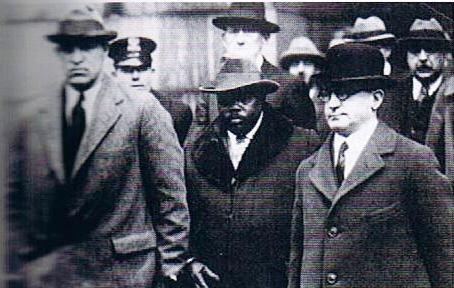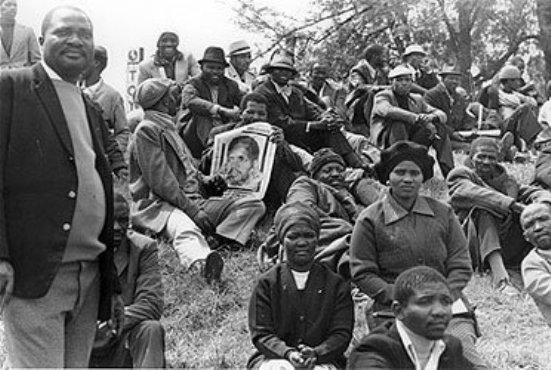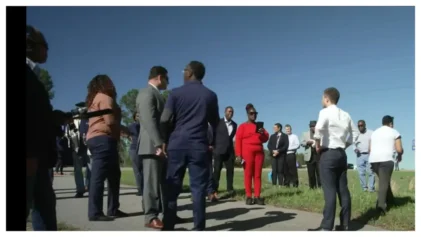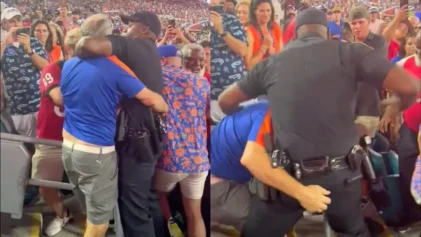The Universal Negro Improvement Association vs. United States
The Universal Negro Improvement Association (U.N.I.A.) is a Black African Nationalist fraternal organization founded in Jamaica in 1914 by the Right Most Excellent Marcus Mosiah Garvey. After traveling and experiencing the injustices to Black people all over the world, Garvey started the U.N.I.A., which was the largest and most influential movement to advance Black people’s interests in the world to date.
In May 1917, Garvey started the New York Division of the U.N.I.A. with just 13 members. After only two years, the organization had grown to over 2 million members. By 1920, the association had over 1,900 divisions in more than 40 countries. According to international.ucla.edu: “By the early 1920’s, the U.N.I.A. could count branches in almost every Caribbean, [Latin American], and sub-Saharan African country with membership swelling to 8 million.”
After its overwhelming success, W.E.B. Dubois, A. Philip Randolph, and other Black leaders appealed to the federal government to step up investigations into Garvey’s U.N.I.A. organization. This move prompted the head Director of the FBI (called Bureau of Investigation [B.O.I.] at the time), J. Edgar Hoover, to write a memorandum on October 11, 1919, to Special Agent Ridgely regarding Garvey:
“Unfortunately, however, he [Garvey] has not as yet violated any federal law whereby he could be proceeded against on the grounds of being an undesirable alien, from the point of view of deportation.”
In November of 1919, the FBI intensified their investigation into the activities of Garvey and the U.N.I.A. After years of unsuccessfully finding incriminating evidence, the B.O.I. eventually charged Garvey with trumped up mail fraud charges, where he was later convicted and jailed for almost three years. Upon being released, Garvey was deported from the United States, which weakened the U.N.I.A. significantly.
The Black Consciousness Movement (BCM) vs. South Africa’s Apartheid Government
The Black Consciousness Movement (BCM) was a Black social political movement created in South Africa by Steve Biko and other like-minded activists in the late-1960’s to combat apartheid. Biko was elected as the first president of the Black Peoples Convention (BPC), which effectively unified roughly 70 different Black consciousness groups and associations in South Africa. Together they formed several organizations to advance the well-being of Blacks all throughout the country. According to sources, the BCM inspired the uprisings in the Black township of Soweto in 1976.
The organization was weakened on August 1977, when Biko was taken into the apartheid security police headquarters in Port Elizabeth. He was accused of writing inflammatory pamphlets and “inciting unrest” among the Black community. The police badly beat Biko and then drove him 1200 miles to Pretoria, where he was thrown into a cell. On September 12, 1977, he later died, shackled naked on a filthy floor of a police hospital from his injuries.
Just a month after Biko’s murder, the Black Consciousness Movement was banned by the white South African apartheid regime and several of their activists were detained and put on trial for terrorism. They were charged with threatening the peace, order and security of the then ruling white minority government.




